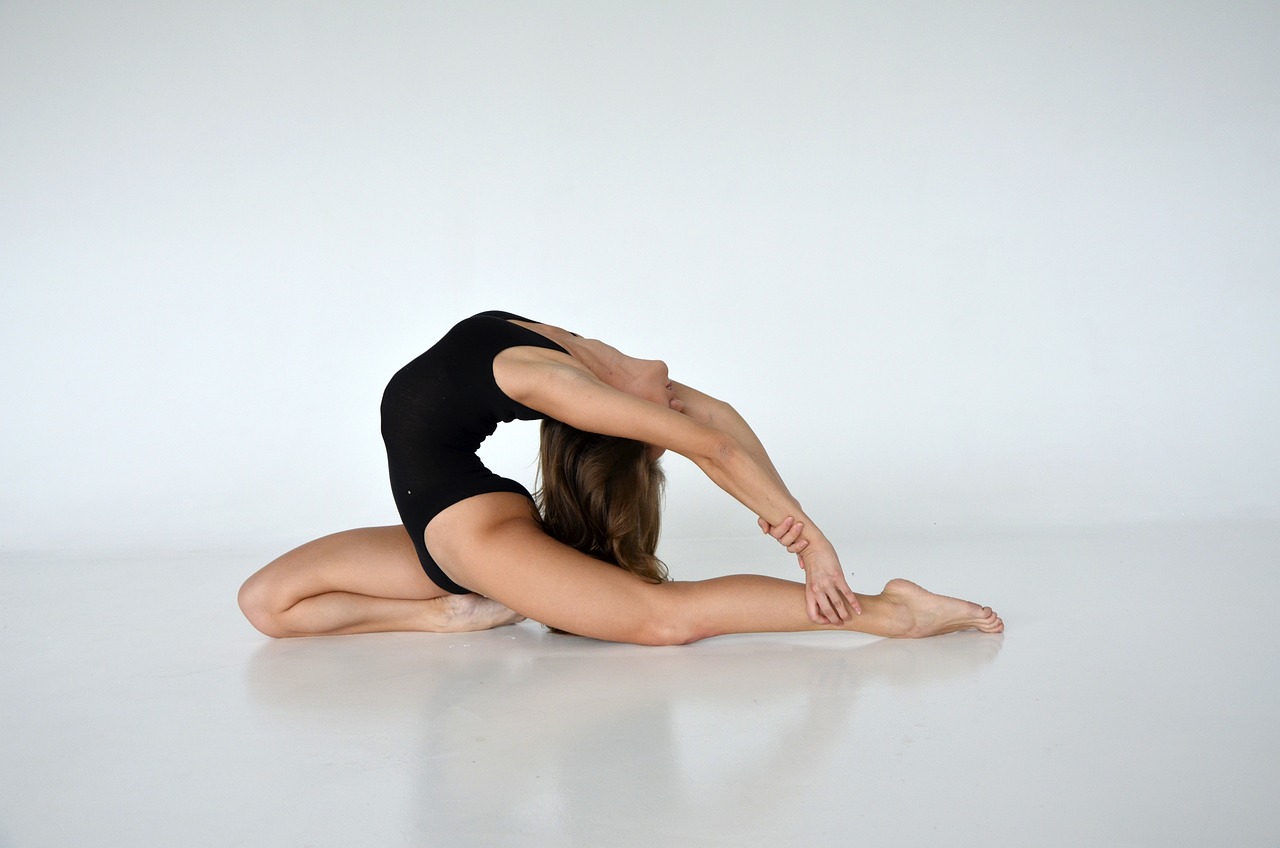What are effective strategies for managing performance anxiety in individual sports like gymnastics or diving?

Performance anxiety often strikes athletes at the worst possible time. Just when they need to be at their physical peak, their minds start playing tricks on them. This can be especially detrimental in individual sports such as gymnastics and diving, where the spotlight is focused solely on the athlete. However, it’s important to understand that performance anxiety is not a sign of weakness, but a natural human reaction to pressure. This article will explore effective strategies to help athletes manage performance anxiety, with a specific focus on individual sports like gymnastics and diving.
Understanding Performance Anxiety in Sports
Before we delve into strategies for managing performance anxiety, it’s crucial to understand what it is and why it happens. In sports, performance anxiety is a psychological condition that causes an athlete to perform below their potential during competition due to stress and fear. It can occur in any sport but can be particularly debilitating in individual sports where all eyes are on one athlete.
A voir aussi : How can virtual training environments enhance athlete performance in precision sports?
Performance anxiety is often associated with a fear of failure, judgement, or the consequences of not performing up to expectation. It can manifest itself in various ways, including physical symptoms like increased heart rate, shaking, and sweating, as well as mental symptoms such as negative thoughts, difficulty concentrating, and excessive worry.
Mental Training for Athletes
A primary way of managing performance anxiety is through mental training. Just like physical training, mental training helps athletes prepare for competition. But instead of strengthening muscles, it strengthens the mind.
Cela peut vous intéresser : What role do nutritionists play in optimizing athletes’ dietary plans?
One aspect of mental training is visualization or mental rehearsal. This involves athletes picturing themselves in their mind’s eye executing their performance flawlessly. Visualization helps athletes focus on their goals, builds confidence, and counteracts negative thought patterns, significantly reducing performance anxiety.
Another mental training strategy is mindfulness. By focusing on the present moment, athletes can keep their thoughts from straying to past failures or future worries, helping them stay calm and focused. Techniques like mindful breathing, body scan, and non-judgmental observation of thoughts can be very beneficial.
Sports Psychology and Support
The support of a sports psychologist can often be invaluable in managing performance anxiety. Sports psychologists understand the pressures athletes face and can provide them with a range of strategies to help manage stress and anxiety.
Beyond offering strategies like visualization and mindfulness, sports psychologists can also help athletes understand their anxiety better. They can help them identify triggers, understand their anxiety patterns, and develop personalized coping strategies.
Working with a sports psychologist in a team environment can also be beneficial. Even though the athlete competes individually, they still belong to a broader team – be it their training group, their coach, or their support staff. Establishing a supportive team environment where athletes can openly discuss their anxieties and fears can help them feel understood and less alone in their struggle.
Physical Health and Well-being
Physical health significantly impacts mental health, and maintaining good physical health can help manage performance anxiety. Regular physical training reduces stress levels and promotes good mental health by releasing ‘feel-good’ hormones.
Moreover, ensuring athletes get adequate rest is essential. Lack of sleep can increase anxiety levels and hinder performance. Proper nutrition is also vital. A healthy diet can improve mood, boost energy levels, and help manage stress.
Moreover, incorporating relaxation techniques into an athlete’s routine can also help. This could include activities like yoga, progressive muscle relaxation, or simply taking time out to unwind and relax.
Implementing Coping Strategies
Once athletes understand their anxiety and have a toolkit of strategies, the next step is implementation. It’s not enough just to know the strategies – athletes need to incorporate them into their routine and use them when anxiety strikes.
This involves regular mental training – just like physical training, it’s something that should be done consistently, not just when problems arise. Consistent practice helps athletes become more resilient to stress and anxiety.
Athletes also need to be proactive in managing their physical health, ensuring they get enough sleep, eat a healthy diet, and take time to relax. Additionally, they should work closely with their support team – including their coach and sports psychologist – to manage their anxiety effectively.
Remember, coping with performance anxiety is a process. It takes time, patience, and a lot of work. But with the right strategies and support, athletes can overcome performance anxiety and perform at their best when it matters the most.
Exploring Alternative Techniques: Hypnosis and Cognitive-Behavioral Therapies
According to research found on Google Scholar, other effective strategies for managing performance anxiety in individual sports include sports hypnosis and cognitive-behavioral therapies. These methods focus on mental health, mental practice, and mental toughness and demonstrate significant benefits in sports performance.
Sports hypnosis has proven to be an influential tool for many elite athletes in managing performance anxiety. This technique is used to train the athlete’s mind to react differently to stressful situations. It helps to break the cycle of negative thought patterns that can interfere with performance. Hypnosis can also help athletes visualize success and create a positive mental environment. It is vital to remember that sports hypnotherapy should be overseen by a licensed professional experienced in working with athletes.
On the other hand, cognitive-behavioral therapies aim to change negative thought patterns and behaviors that cause or contribute to anxiety. This approach has been used successfully to manage performance anxiety in both team sports and individual sports. Cognitive-behavioral therapies are often based on problem-oriented coping strategies. They teach athletes to identify their sources of stress and develop practical solutions.
These techniques are not only useful in managing performance anxiety but also in improving overall mental performance. They can build resilience, boost confidence, and increase mental toughness – all crucial components for succeeding in high-pressure environments of individual sports.
A Systematic Approach to Performance Anxiety: Conclusion
Performance anxiety can be an intimidating obstacle for athletes, especially those involved in individual sports like gymnastics and diving. However, with the correct approach and consistent effort, it can be effectively managed and even utilized to enhance performance.
Understanding performance anxiety is the first step. It involves recognizing the triggers and manifestations of this condition. Once understood, athletes can apply various coping strategies such as mental training, seeking support from sports psychologists, focusing on physical health and well-being, and embracing alternative techniques like sports hypnosis and cognitive-behavioral therapies.
In addition, it’s important to remember that managing performance anxiety is not an isolated task but needs to be integrated into the broader context of the athlete’s training regimen. After all, physical practice and mental performance are two sides of the same coin.
Lastly, it is worth remembering that overcoming performance anxiety is a journey, not a destination. It requires patience, determination, and resilience. Every athlete is unique, and what works for one may not work for another. Therefore, the strategies should be personalized, and progress should be measured against individual benchmarks rather than external standards.
Whether you’re an athlete or a coach, understanding and managing performance anxiety is crucial to achieving peak performance. With the right mindset and tools, performance anxiety can be transformed from a hindrance into a catalyst for growth, improvement, and ultimate success.
Remember, the mind is a powerful tool. Harness it, and there are no limits to what you can achieve.
